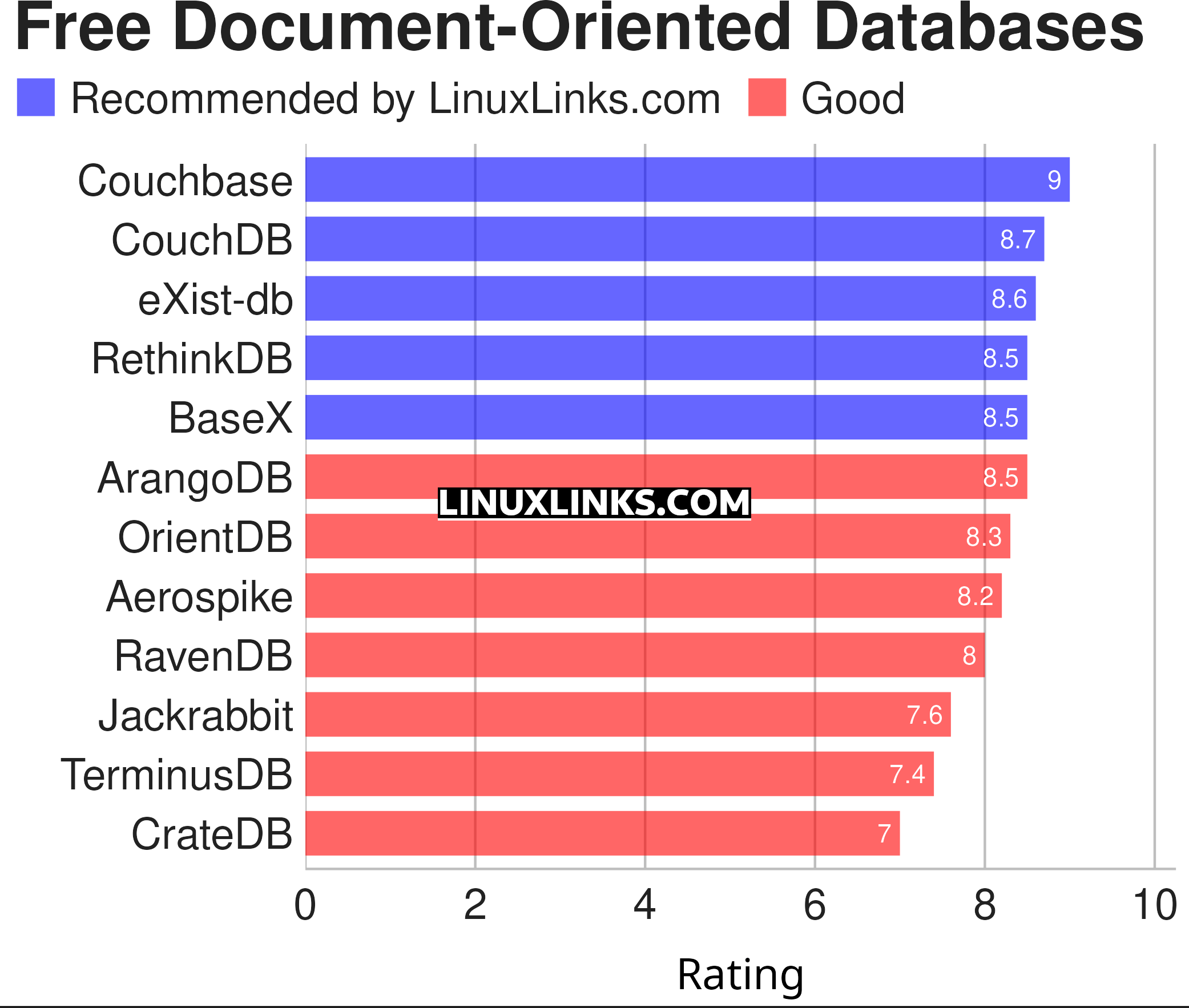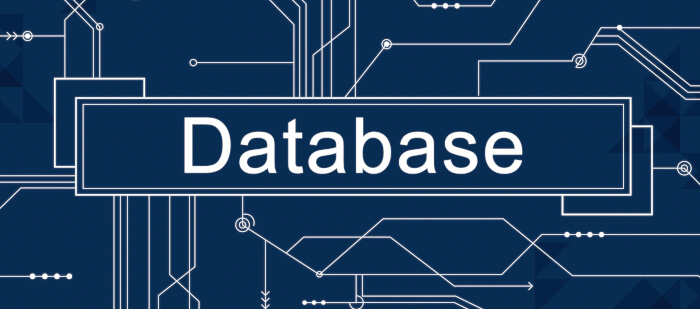A database is a collection of records or data that is stored in a computer system. Database tools and applications are designed to help you store and manage data in a controlled and structured manner. A database is a vital system for any organisation that stores mission critical information. The continual failure of a company’s database system will inevitably lead to the demise of the organisation; companies cannot function without a fully working database system.
There are a number of different types of database. The most popular choice in storing data such as personal information, financial records, and medical records is the relational database management system. This type of system makes use of common ‘keys’ to tie related information together with data being manipulated with the SQL data definition and query language. SQL has many strengths for querying data. However, there are some disadvantages inherent in SQL. For example, SQL does not scale horizontally particularly well.
There are other types of databases available in situations where relational databases are not well suited. Document-oriented databases are particular strong in situations where horizontal scalability is required. As your database grows, additional servers or resources from the cloud can be added thereby avoiding the need to use expensive supercomputers.
Document-based databases do not store data in tables with uniform sized fields for each record. Instead, each record is stored as a document without the need to define in advance the schema of the data. This means that any number of fields of any length can be added to a document. JSON (JavaScript Object Notation) objects are frequently used in document-oriented databases. This type of database operates on something similar to distributed hash tables.
There is a good selection of Linux document-oriented databases that are available under an open source license. This article selects our personal pick of databases which can offer better performance in your application as well as quicker development time. Here’s our verdict. All the software is free and open source. We allow Couchbase to be included as while its time-limited license is not open source, it converts back to an open source license after 4 years.
Here’s our verdict captured in a legendary LinuxLinks-style ratings chart.

Click the links in the table below to learn more about each database.
| Document-Oriented Databases | |
|---|---|
| Couchbase | Distributed key-value database management system |
| CouchDB | Scalable, fault-tolerant, and schema-free written in Erlang |
| eXist-db | Database management system entirely built on XML technology |
| RethinkDB | Scalable database built for realtime applications |
| BaseX | XML database engine |
| ArangoDB | Native multi-model database |
| OrientDB | Document Database with support of ACID Transactions, SQL and Native Queries |
| Aerospike | Key-Value Store and high performance real-time NoSQL (flex-schema) database |
| RavenDB | Fully-transactional NoSQL ACID database |
| Jackrabbit | Open-source content repository for Java |
| TerminusDB | Knowledge graph and document store |
| CrateDB | Distributed SQL database management |
This article has been revamped in line with our recent announcement.
 Read our complete collection of recommended free and open source software. Our curated compilation covers all categories of software. Read our complete collection of recommended free and open source software. Our curated compilation covers all categories of software. Spotted a useful open source Linux program not covered on our site? Please let us know by completing this form. The software collection forms part of our series of informative articles for Linux enthusiasts. There are hundreds of in-depth reviews, open source alternatives to proprietary software from large corporations like Google, Microsoft, Apple, Adobe, IBM, Cisco, Oracle, and Autodesk. There are also fun things to try, hardware, free programming books and tutorials, and much more. |
